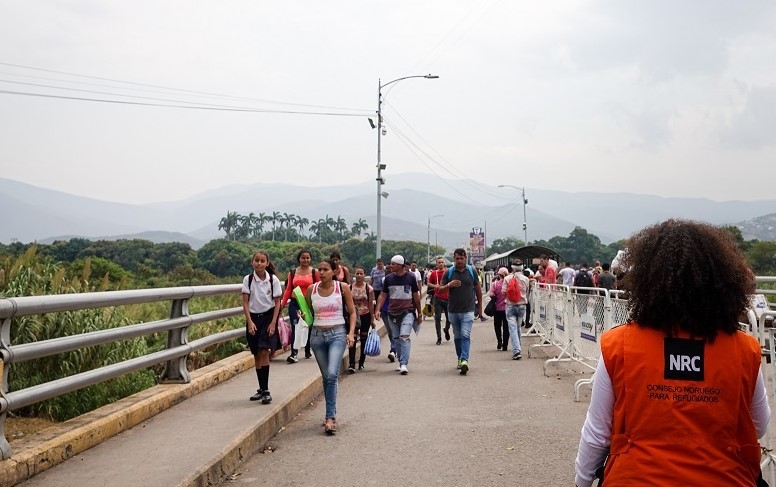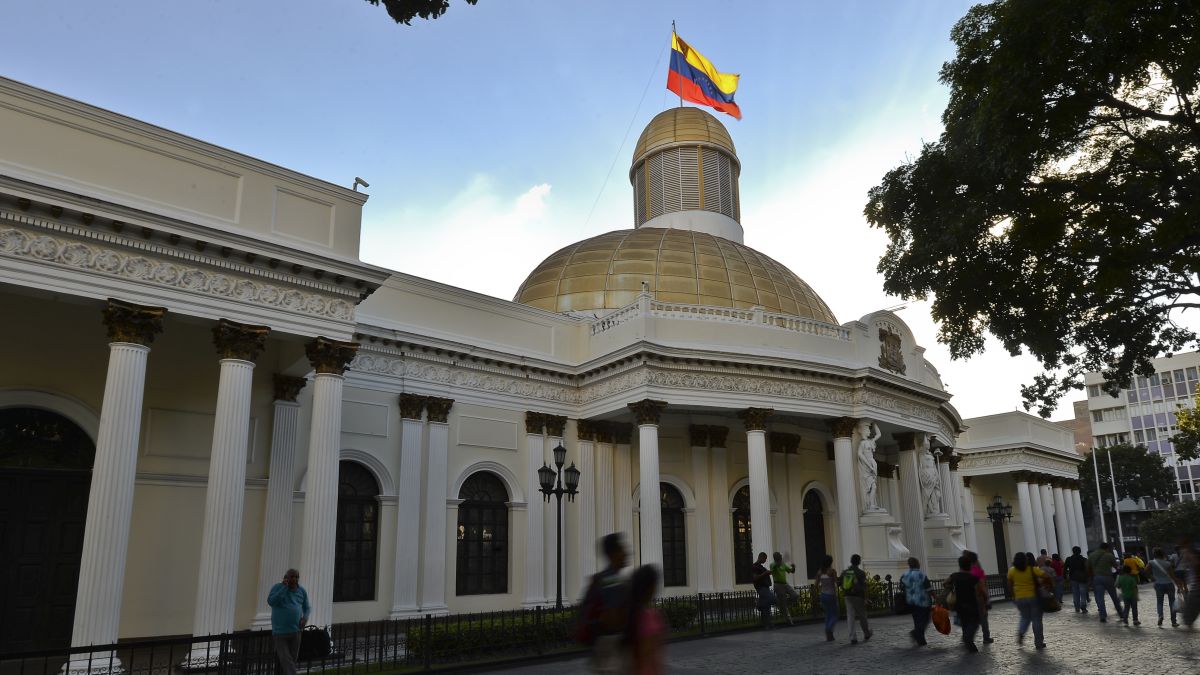The economic crisis in Venezuela has generated changes in criminal dynamics, provoking a migration from common crime to organized crime. The gangs have rethought strategies to survive, to avoid losses, and even to migrate.
The income of the “ Crazy boys”, a gang operating in Petare, one of the most dangerous and largest slums in Latin America, has been reduced by hyperinflation in this country. That was revealed by its leader in an interview with the Associated Press (AP).
The criminal known as “El Negrito” explained to the news agency that shooting a gun in Venezuela became a luxury, because bullets are dollarized (traded in dollars) and robberies are currently unprofitable, due to the shortage of cash and the fact that people do not move through the streets with valuables.
“If you empty your clip, you are taking out US $15 (…) if you lose your gun or the police take it, you lose US$800” said the criminal, who agreed to give his testimony on condition that he would be identified only with his nickname and be photographed with a hoodie that covers his face.
“El Negrito” recounted that his gang commits five kidnappings a year, considerably less than in previous years. Like many of his associates, he was considering abandoning criminality in Venezuela and emigrating. “Many people live the world of crime and seek a more honest job abroad, for fear of severe sanctions in other countries where the laws are stricter,” reported AP.
Another member of the “ Crazy Boys” said he has no problems finding ammunition for his weapons on the black market: “The challenge is to pay for it in a country where the average person earns US$ 6.50 a month.
InSight Crime analysis
The hyperinflation affecting Venezuela’s economy has also impacted criminal activity by reducing homicides, armed robberies and kidnapping, as well as the availability of bullets and firearms for criminals. However, the changes to these dynamics have strengthened the organized crime groups operating in the country.
Roberto Briceño Leon, director of the Observatorio Venezolano de la Violencia (Venezuelan Observatory of Violence – OVV) told InSight Crime that the organization that he represents has observed how the economic crisis has impacted crime reduction.“There is no longer a waste of bullets like there was in previous years. There has been a reduction in several crimes. We noticed since 2018 that criminal groups, especially in the slums and popular sectors, don’t have the capacity to recoup expenses from their criminal activities; investments in firearms and ammunitions have increased, and their crimes are increasingly less profitable. The criminal from the slums used to be able to steal a smartphone, now he steals food because he is also in survival mode”, explains Briceño Leon.
However, the changing criminal dynamics in the cities and sectors with high crime rates, such as Caracas and the state of Miranda, have caused criminal organizations to migrate to regions where organized crime operates in the drug trafficking sector and in the illegal exploitation of gold. This is the case of the Sucre and Bolivar states.
“The slums gangs that have had to make an economy out of their criminal activities in order to not have losses, but the powerful organized crime gangs have more powerful firearms and also more men who have strengthened them”, said the director of the OVV.




